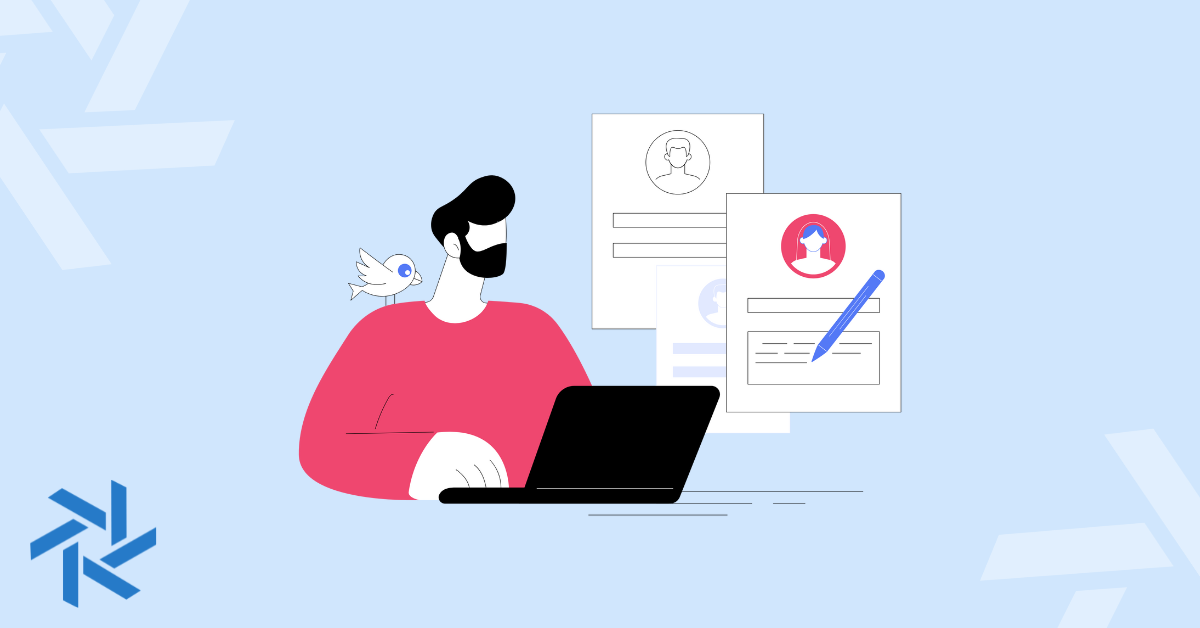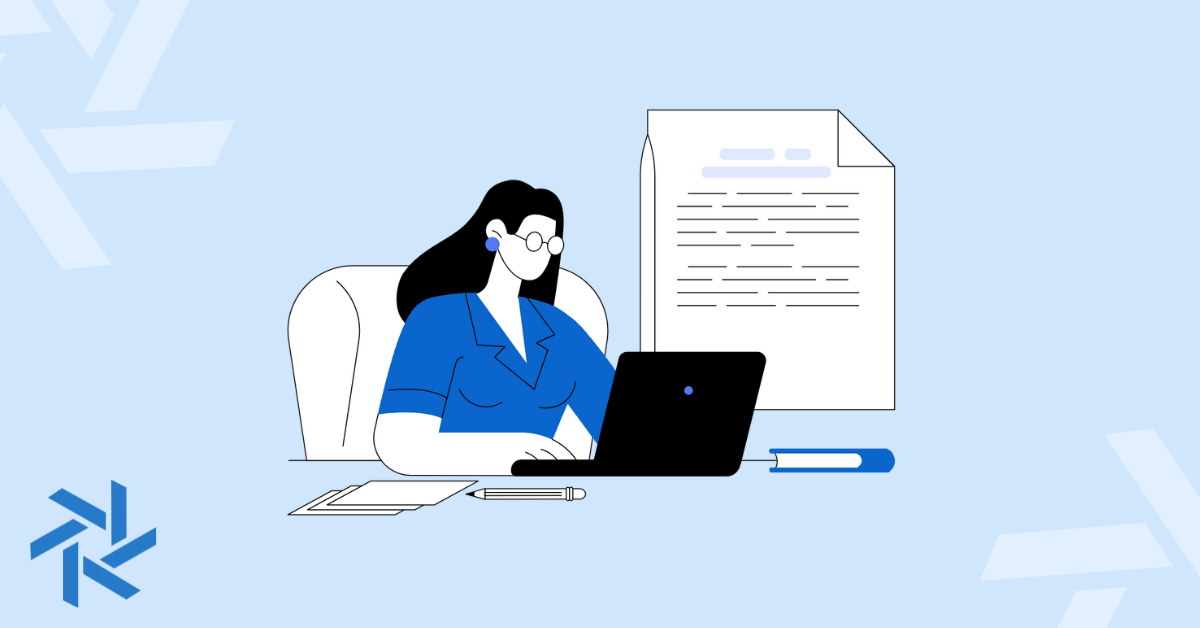10 Ways to Prevent Work From Home Fatigue

Do you ever feel like you’re running on empty while working from home? Maybe you just feel lazy, sluggish, or unmotivated?
You may be suffering from work from home fatigue.
The prolonged lack of human contact, irregular schedules and hours spent behind a screen can cause your energy levels to plummet.
And even if you are a huge fan of working remotely or at home, this fatigue can still happen to you. It’s definitely something you want to catch early and stop it from happening again.
If you’re feeling tired often, try these strategies to prevent work from home fatigue.
1. Recognize the Signs
WFH fatigue doesn't just appear out of nowhere. Usually, it’s a culmination of long-term involvement in emotionally demanding situations. These events are often marked by telltale signs that can manifest differently in everybody.
First, you must recognize these warning symptoms as the first step to preventing the onset of ongoing fatigue. Or worse with ensuing burnout.
The most common signs to look out for include:
- Sustained lack of motivation that leads to increased procrastination.
- Feeling sluggish and uninspired during work hours.
- Being highly irritable, especially with work-related tasks.
- Increased cynical or outright negative feelings about work, employers, or colleagues.
- Feeling anxious or inadequate about your performance.
- Cognitive disengagement — the feeling of psychologically "checking out" and no longer caring about professional efficacy.
- The classic “zoning out” and just staring at the screen without getting any work done.
Understanding these symptoms for what they are is the key to mitigating their effects before they become a full-blown crisis.
2. Figure Out the Source of Fatigue
Since your work from home situation is different from another colleague, what is causing your virtual fatigue may be related to your surroundings.
So what is truly the root of it all?
Your space could be too distracting with family members, roommates, or even just being alone too much without socialization.
It might be surprising that these situations can cause you to be worn down and tired. But it’s super common, which many discovered during the COVID-19 Pandemic.
The good news is after you find these issues, you can make the right adjustments in your work from home setup. And finding ways to remedy what you see as the consistent causes of your fatigue.
3. Create a Dedicated Work Area
Having a dedicated workspace helps you create a clear boundary between home and work life. This makes it easier to concentrate on your tasks and disconnect when your shift ends.
Treat this environment as you would any office space — focus on doing only work, nothing else. While you may need to have your office in your bedroom, it’s not ideal as it starts to blur the lines of personal comfort and work.
Make sure the area is well-lit and free of distractions so your mind is less likely to wander. Invest in an ergonomic chair that lets you sit comfortably for extended periods without compromising your posture.
These measures help improve your overall productivity and provide the necessary confidence boost to keep fatigue away.
4. Stick to a Schedule
One of the biggest benefits of working from home is having more flexibility with your work hours. This allows you to figure out your body's energy rhythm and plan your schedule around it accordingly.
Matching your tasks to when you’re most productive is essential to maintaining a healthy work-life balance and preventing fatigue.
Of course, you might not always have full control over your schedule, as some employers insist on remote workers being available at specific times.
In such instances, plan your day so your most demanding tasks coincide with when your natural energy and attention levels are highest.
5. Avoid Multitasking
Look, I always do a bit of multitasking and maybe you do as well. And on the surface, multitasking seems like a practical way to get more done within the same timeframe.
In reality, juggling multiple tasks simultaneously can speed up your physical and mental weariness, leading to you feeling mentally drained.
Additionally, experts say multitasking can make you up to 80% less productive due to constantly shifting your attention from one duty to another.
Focusing on one assignment at a time and gradually working through your list for the day is more sensible than forcing yourself to be in more than one headspace.
And if you are multitasking a bit, just set limits for yourself and do not take on multiple massive projects at once.
6. Take Regular Breaks
It’s common knowledge that working non-stop will ultimately lead to burnout. Taking time off to disconnect from work allows your body and mind to recharge, effectively staving off fatigue symptoms.
Ideally, you should use these short breaks to detach yourself from digital interactions. Don’t use this period to scroll through social media or browse non-work stuff.
Instead, use this time to stretch, clear your mind and give your eyes some respite from screen time. Down time is best spent by exploring your interests outside of work and enjoying some leisure time.
Unsure about scheduling breaks? I broke down how often you should be taking breaks when you work from home. You’ll quickly realize that you are probably not stepping away from the screen like you should.
7. Eat Healthily and Regularly
What you eat directly affects your energy levels and mood for the day.
It can be tempting to head to your home office with only a cup of coffee for fuel, but the lack of nutrition will eventually take its toll on your body.
When eating, prioritize healthy meals that contain a rich combination of essential nutrients. Minimize your intake of food with high amounts of fats and unrefined sugars, as these can make you feel more lethargic and unmotivated later on.
And take your lunch break! I find it difficult sometimes to step away from my work compared to the office. So if that’s you, set an alarm on your phone or your work calendar.
8. Practice Some Meditation
If your mind is feeling “blah” fairly often during work, then maybe some quiet meditation can do the trick. Meditation allows your mind and body to calm down, gently easing the growing tension that leads to work fatigue.
Dedicating some time to meditation can also reduce levels of anxiety and depression, which can help you cope better with frustrating situations.
Find a quiet, comfortable nook in your home and practice being in the moment whenever you feel the signs of burnout start to creep up.
9. Strive to Get Enough Sleep
Honestly, sometimes it’s simply just a lack of good sleep.
There’s no substitute for quality sleep. If you don’t get adequate rest the night before, you’ll likely be grouchy and absentminded throughout the day.
Such feelings lead to a higher risk of being dissatisfied with your work, and possibly lashing out at your colleagues or manager.
Setting time aside for proper sleep every day helps you stay physically and mentally recharged. When you’re well-rested, you can better tackle the day’s to-dos, and be more in control of your thoughts and actions.
10. Stay Socially Connected
Isolation and loneliness are huge risk factors for work from home fatigue. If you’re living with a partner, family or friends, make the effort to connect with them, whether that’s before or after your workday.
If you live alone, try to get out of the house as much as possible. Even waving to your neighbors or taking a short walk can be a great way to maintain a social connection.
Another option is to schedule virtual lunch breaks with colleagues in which you discuss only non-work topics. You can share photos of pets, family, vacations, or food to decrease stress and build more cordial relationships.
Stay Ahead of Work From Home Fatigue
With remote work burnout on the rise, it’s more difficult than ever not to feel like another statistic. However, now that you know what preventing it entails, you can work towards being less stressed and more fulfilled.
You’ll feel better for it — plus, your mood and productivity levels will benefit from the resulting confidence boost.








